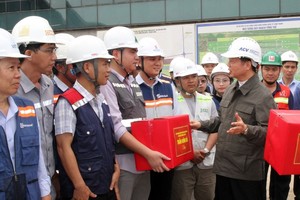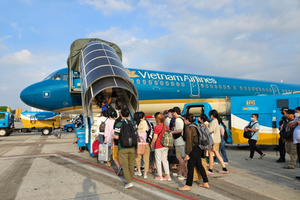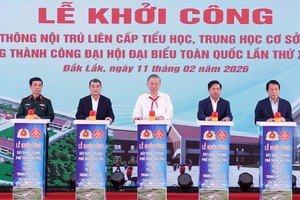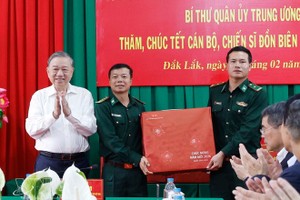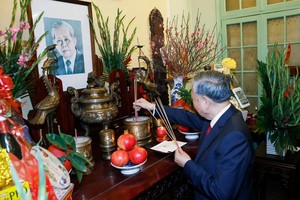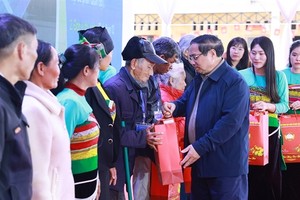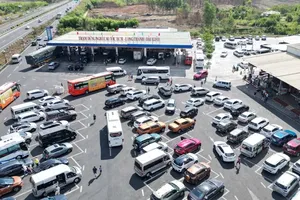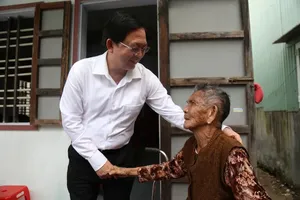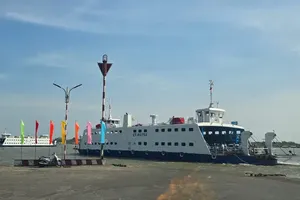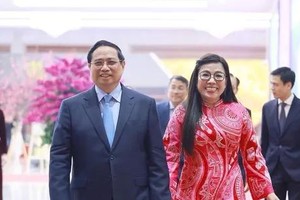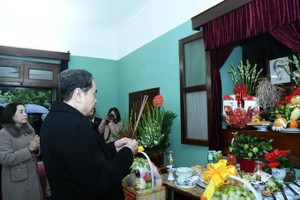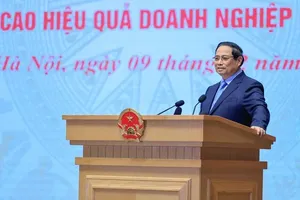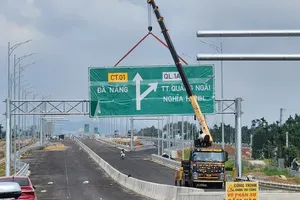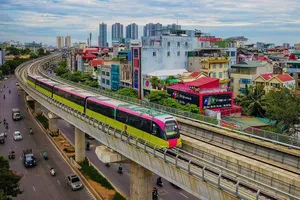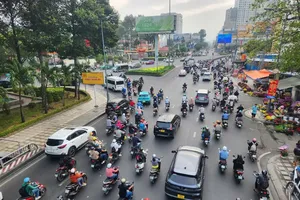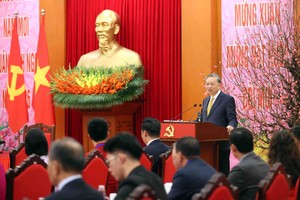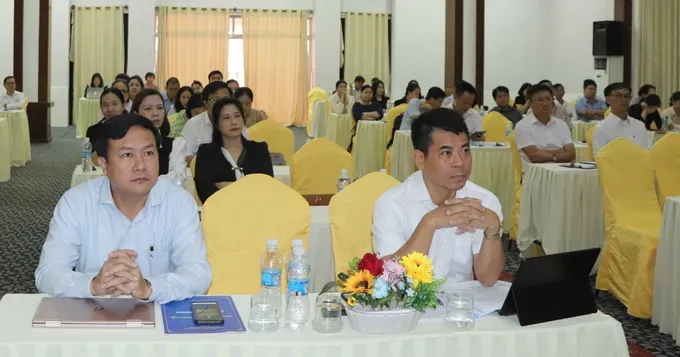
This morning in Ho Chi Minh City’s Vung Tau Ward, the Ministry of Culture, Sports and Tourism in collaboration with the HCMC Department of Culture and Sports and the HCMC Department of Tourism held a conference on policy communication with significant social impact in the process of developing legal documents under the ministry’s state management scope for 2025.
At the opening ceremony, Director General Pham Cao Thai of the Department of Legal Affairs under the Ministry of Culture, Sports and Tourism emphasized that institutional development and improvement have consistently been among the ministry’s top priorities.
As of now, the ministry’s legal system comprises 427 documents, including 14 laws, 77 decrees, 42 decisions/directives by the Prime Minister, and 293 circulars and ministerial decisions. These legal documents span 18 areas such as cultural heritage, grassroots culture, family affairs, libraries, performing arts, fine arts, photography and exhibitions, advertising, cinema, journalism, publishing, printing and distribution, broadcasting, and electronic information.
The content of these legal documents concretizes the Party’s guidelines and higher-level state regulations, ensuring consistency and alignment with the current legal system. They also address emerging issues in practice, contributing positively to the country’s socio-economic development and the ministry’s state management efficiency.
During the conference, delegates were briefed on policies and legal regulations, along with newly issued legal documents within the ministry’s management scope from July 2024 to October 2025, as well as related regulations.
The event also included communication on policies related to decentralization, delegation of authority, and delineation of responsibilities in the fields of culture, sports, and tourism; discussions on organizing and operating local government machinery under the two-tier government model; plus, advisory sessions providing dialogue and guidance on understanding and applying relevant legal frameworks also took place.
